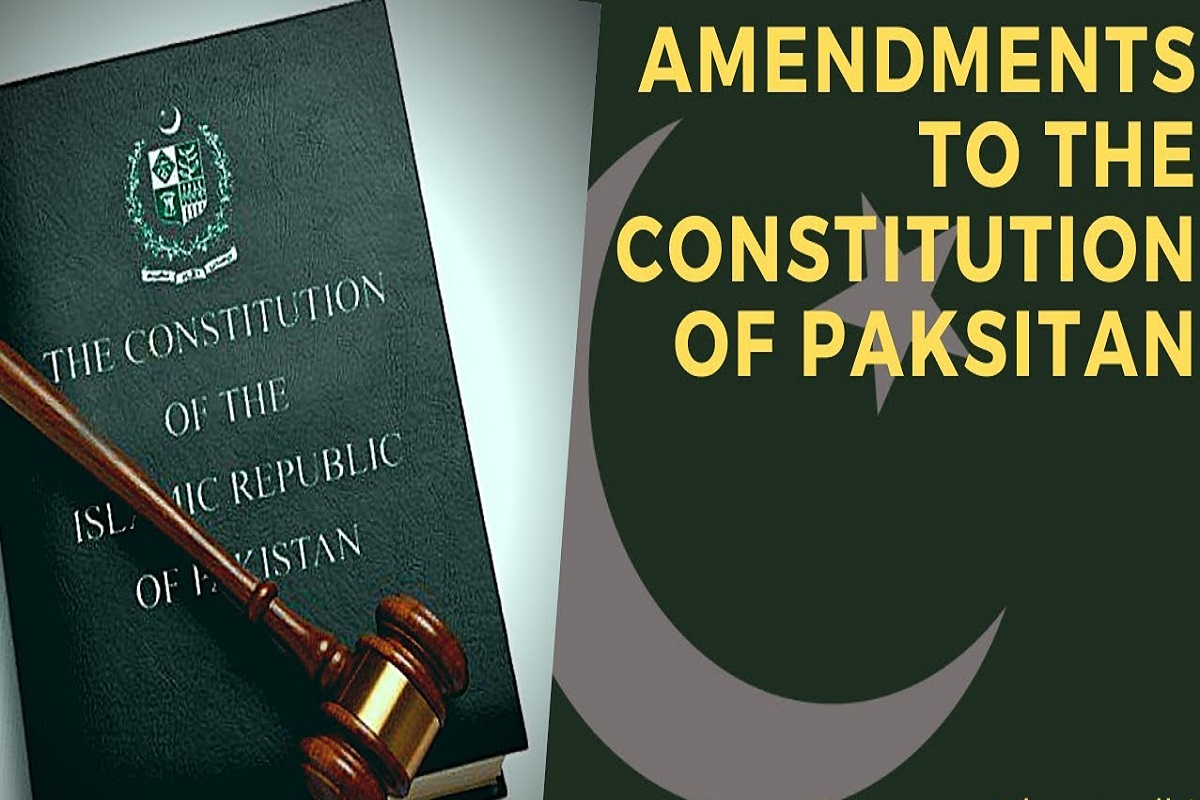ISLAMABAD: A draft of proposed constitutional amendments, prepared by the Federal Law Minister, has surfaced, seeking to revise several key provisions in Pakistan’s Constitution.
The draft addresses governance, judicial appointments, and the powers of key officials. One notable change involves amending Clause 4 of Article 48, which currently prevents any legal challenge to the advice given by the President, Cabinet, or Prime Minister.
Another significant proposal focuses on Article 63A, which relates to voting within political parties. The amendment would allow lawmakers’ votes, even if cast against their party leader’s directives, to be counted. However, the party leader would still retain the authority to take action against those who dissent.
The government also proposes changes to Article 111, expanding the role of legal advisors in provincial assembly discussions on legal matters, alongside the Attorney General, thereby increasing their influence.
A key reform in the draft concerns judicial appointments, particularly with a proposed amendment to Article 175A. This would require the Judicial Commission to assess the performance of High Court judges and introduce a new process for appointing Supreme Court judges.
The amendment suggests the creation of a committee for judicial appointments, comprising two government members (a senator and a Member of the National Assembly, nominated by the Prime Minister) and two opposition members (selected by the opposition leader). This committee would also involve additional parliamentary input.
Moreover, a 12-member parliamentary committee, consisting of eight members from the National Assembly and four senators, would be responsible for selecting the Chief Justice of Pakistan from the three most senior judges. The draft also includes a provision for holding in-camera meetings during the Chief Justice’s appointment process.
















